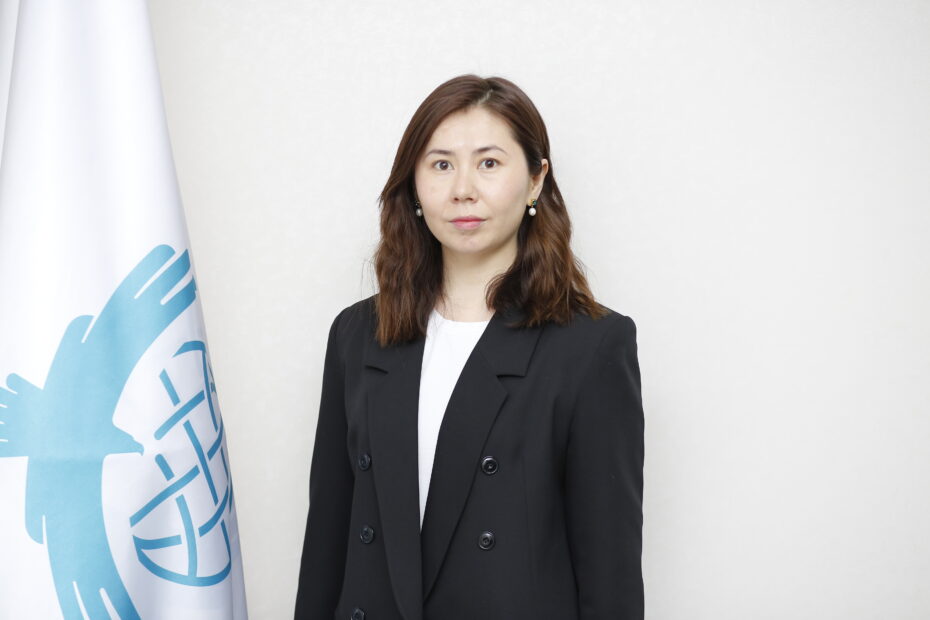The recent elections of district-level akims and cities of regional significance in Kazakhstan set a new tone for understanding the presidential concept of the “listening state.” In the current conditions, the political creed of the Head of State, K. Tokayev, about the targeted direction of state policy is confirmed by specific decisions that are changing the system. The pyramid of internal relations between the state apparatus and society is shifting from personalized management to the personalization of citizens’ demands.
Essentially, the mechanism for electing meso-level akims encourages the effective implementation of the “listening state.” Local administrators are now personally invested in directly communicating with citizens and independently addressing the issues of those who vote for them. The benefit here is mutual: the akims, in the case of effective work, gain legitimate support from the people, and the residents, in turn, address their current issues as far as possible.
At the core of this model is a shift in the “perception paradigm”: for akims, local residents are no longer just territorial units but a “living” electorate. Consequently, the approaches of executive authorities will change, with an emphasis on the need for obtaining feedback and ensuring audience loyalty. The political careers of administrators will depend on this shift in approach.
Overall, this will provide an impetus for the development of public policy, which has long been in the shadow of behind-the-scenes processes. Akims will have to more often “engage with the public” outside their offices, constantly address uncomfortable questions, constructive, and even non-constructive criticism. There will be far fewer silent leaders. Such constant public scrutiny will benefit everyone: local authorities will gradually have to become more open and responsive to the electorate.
Political competition at the local level will also intensify. Akims will find it extremely important to raise their KPI (Key Performance Indicators) and the effectiveness of their work. After the election race, the competitive spirit will not wane, as past and future opponents of the elected akim may use every mistake made for future campaigns. Therefore, the body of akims will have to undergo a fundamental transformation, seek like-minded individuals, build teams, and engage proactive residents to achieve specific goals.
It can be confidently stated that the perception of authority at the regional level will undergo a radical change for Kazakhstanis. Akims will be highly motivated to promote new social and infrastructure projects, create jobs, and stimulate small and medium-sized businesses.
Overall, the cumulative effect of electing akims is expected to be positive, even considering all the territorial peculiarities and the local mindset. It will enhance the resilience of the political system at the grassroots and intermediate levels, strengthen democratic principles, establish reliable communication channels, and all of this should lead to an improvement in the quality of life for millions of our citizens.
Amina Urpekova,
Chief Expert of the Department for the Study of Electoral Processes, KazISS under the President of the RK


